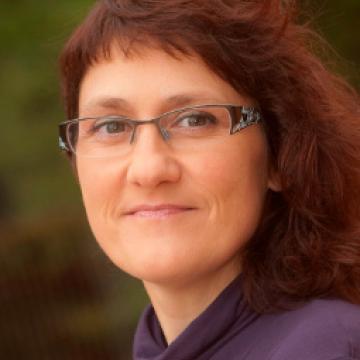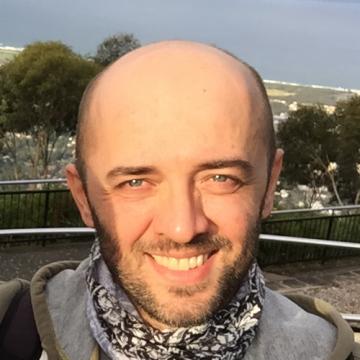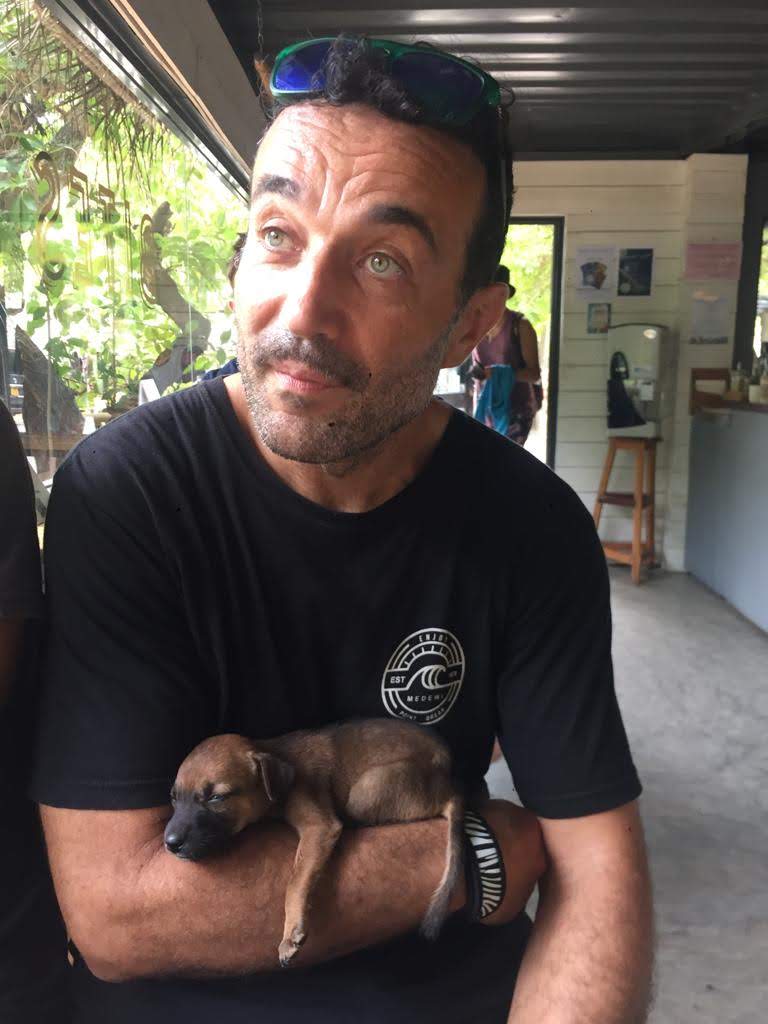A Project coordinated by IIIA.
Principal investigator:
Collaborating organisations:
UNIVERSITE DE GENEVE (UNIGE)
POLITECNICO DI MILANO (POLIMI)
UNIVERSITE DE PARIS (UP)
UNITED NATIONS INSTITUTE FOR TRAINING AND RESEARCH (UNITAR)
EUROPEAN ORGANIZATION FOR NUCLEAR RESEARCH (CERN)
The 17 Sustainable Development Goals (SDGs), launched by the UN in 2015, are underpinned by 169 concrete targets and 232 measurable indicators. Some of these indicators have no established measurement methodology. For others, many countries do not have the data collection capacity. Measuring progress towards the SDGs is thus a challenge for most national statistical offices. The goal of the Crowd4SDG project is to research the extent to which Citizen Science (SC) can provide an essential source of non-traditional data for tracking progress towards the SDGs, as well as the ability of CS to generate social innovations that enable such progress. Based on shared expertise in crowdsourcing for disaster response, the transdisciplinary Crowd4SDG consortium of six partners will focus on SDG 13, climate action, to explore new ways of applying CS for monitoring the impacts of extreme climate events and strengthening resilience of communities to climate-related disasters. To achieve this goal, Crowd4SDG will initiate research on the applications of artificial intelligence and machine learning to enhance CS and explore the use of social media and other non-traditional data sources for more effective monitoring of SDGs by citizens. Crowd4SDG will use direct channels through consortium partner UNITAR to provide national statistical offices with recommendations on best practices for generating and exploiting CS data for tracking the SDGs. To this end, Crowd4SDG will rigorously assess the quality of the scientific knowledge and usefulness of practical innovations occurring when teams develop new CS projects focusing on climate action through three annual challenge-based innovation events, both online and in person. A wide range of stakeholders, from the UN, governments, the private sector, NGOs, academia, innovation incubators and maker spaces will be actively involved in advising the project and exploiting the scientific knowledge and technical innovations that it generates.
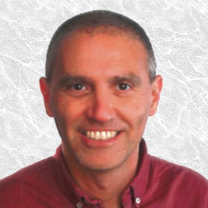
Scientific Researcher
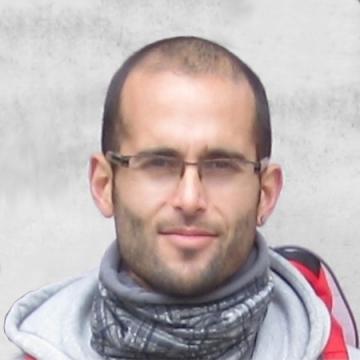
Lecturer


